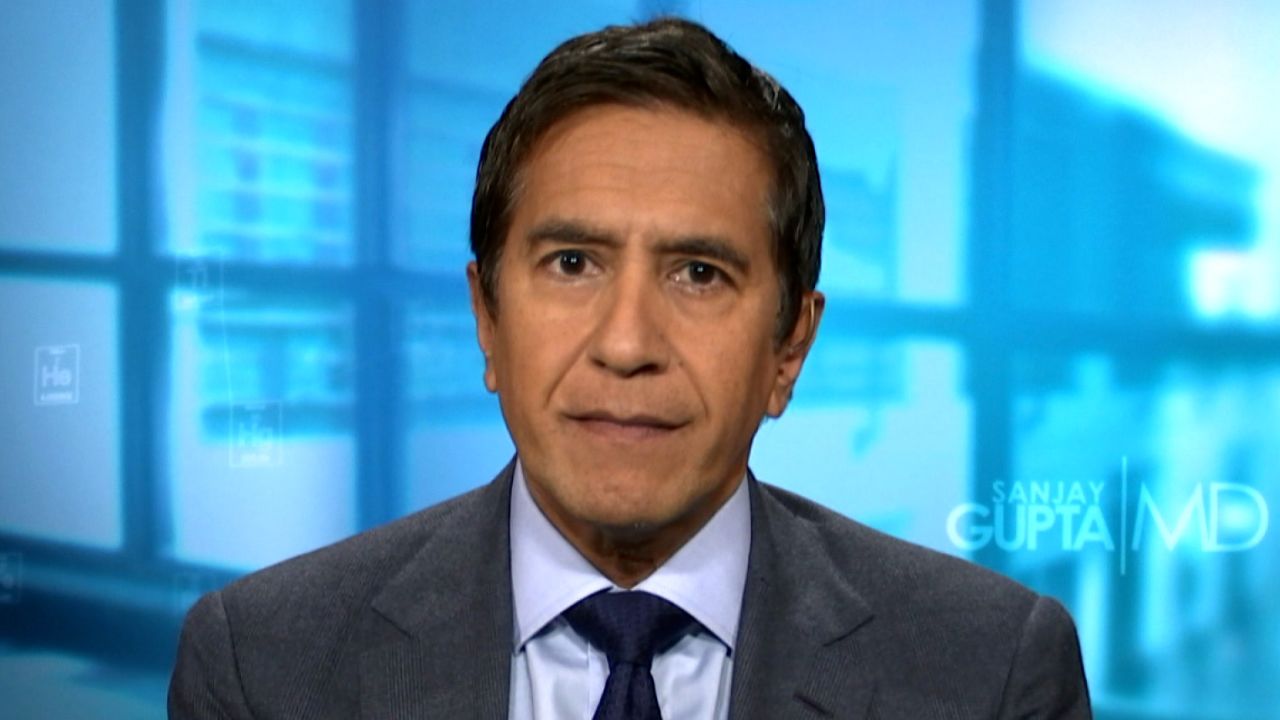The US Centers for Disease Control and Prevention’s Advisory Committee on Immunization Practices has voted to recommend the Pfizer and BioNTech coronavirus vaccine for people ages 16 and older, moving the United States one step closer to vaccination of millions of people.
Eleven members of the committee voted in favor of the recommendation and three were recused.
Still, vaccines can’t be administered in the United States just yet.
First, the US Food and Drug Administration gave Pfizer and BioNTech’s vaccine emergency use authorization on Friday, following a recommendation from its own vaccine advisers. ACIP met Saturday and voted to recommend that CDC approve the vaccine for use in the US and add it to the vaccine schedule.
Now the CDC must decide whether to accept ACIP’s recommendation. Once that happens, vaccines can be administered.
Officials with the US federal government’s Operation Warp Speed say they are already boxing up vaccines to ship them out for delivery on Monday.
‘The beginning of the end of the coronavirus pandemic’
During Saturday’s meeting, ACIP members heard presentations on the public’s willingness to take the vaccine, who should and should not receive it, and how that will be communicated to health care providers and the general public.
ACIP members said Saturday that their evaluation of Pfizer and BioNTech’s coronavirus vaccine was independent and transparent.
“I do believe that the process that we have used here in the ACIP to reach this decision is transparent, is science based, keeps equity in mind and is, for this moment, the absolute best that we can do,” said ACIP member Dr. Beth Bell, a clinical professor of global health at the University of Washington.
Get CNN Health's weekly newsletter
Sign up here to get The Results Are In with Dr. Sanjay Gupta every Tuesday from the CNN Health team.
Several committee members said they would take the vaccine, and would recommend it to their family members.
“I want to say that I voted for the vaccine because of the clear evidence of its efficacy/safety profile and benefit-risk profile, based on our evidence and policy framework,” Dr. Peter Szilagyi, a pediatrician at the University of California Los Angeles and and ACIP member said immediately after the committee’s vote.
Szilagyi said he wanted to emphasize the need for substantially increased government funding to actually implement the recommendation.
“So this is government funding for state and local public health organizations, and also funding to health systems and health providers,” Szilagyi said. “So I know we’re going to have very tough and hard times ahead because of the surge and a limited vaccine supply, but I am really hopeful that this is the beginning of the end of the coronavirus pandemic.”





















